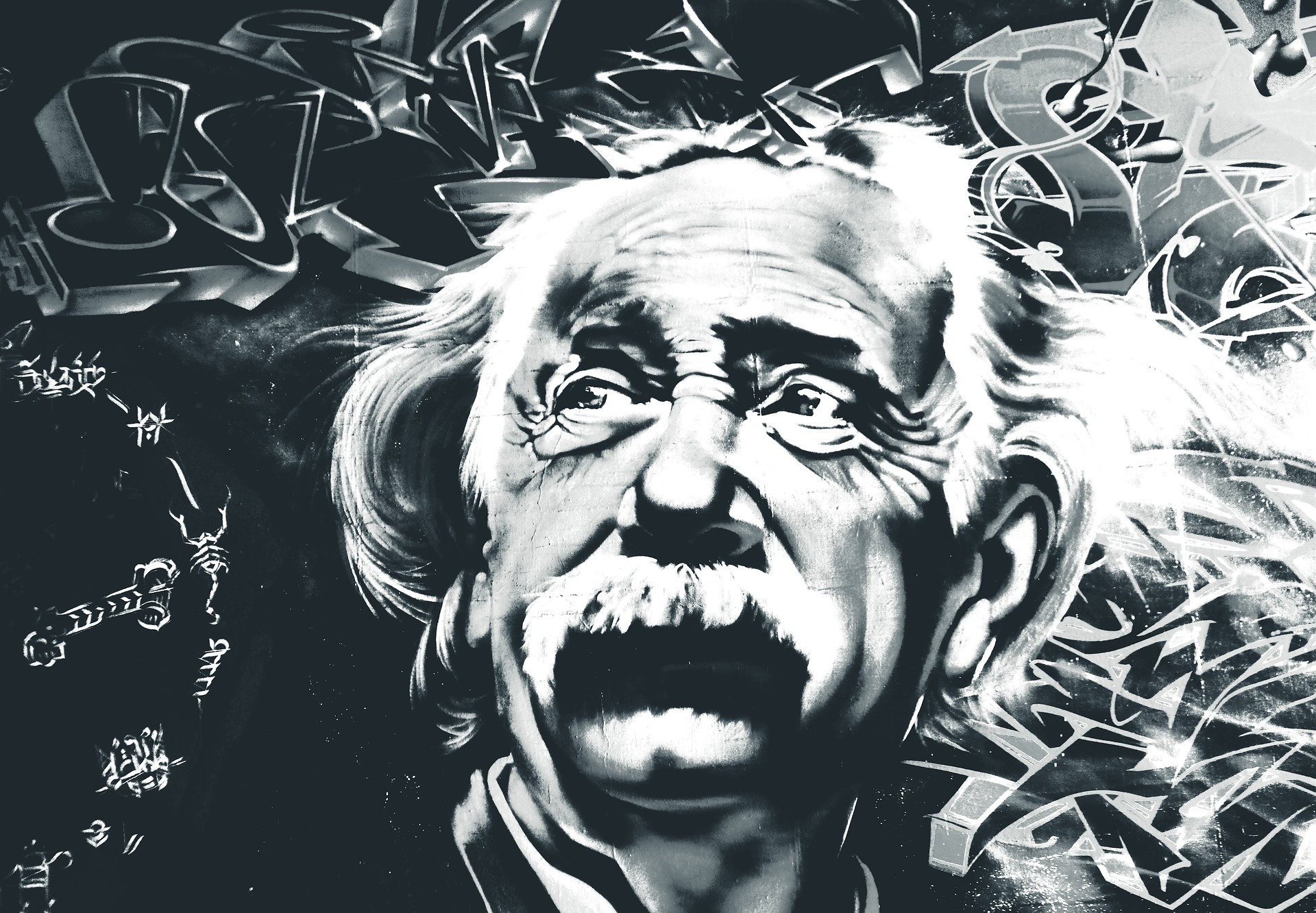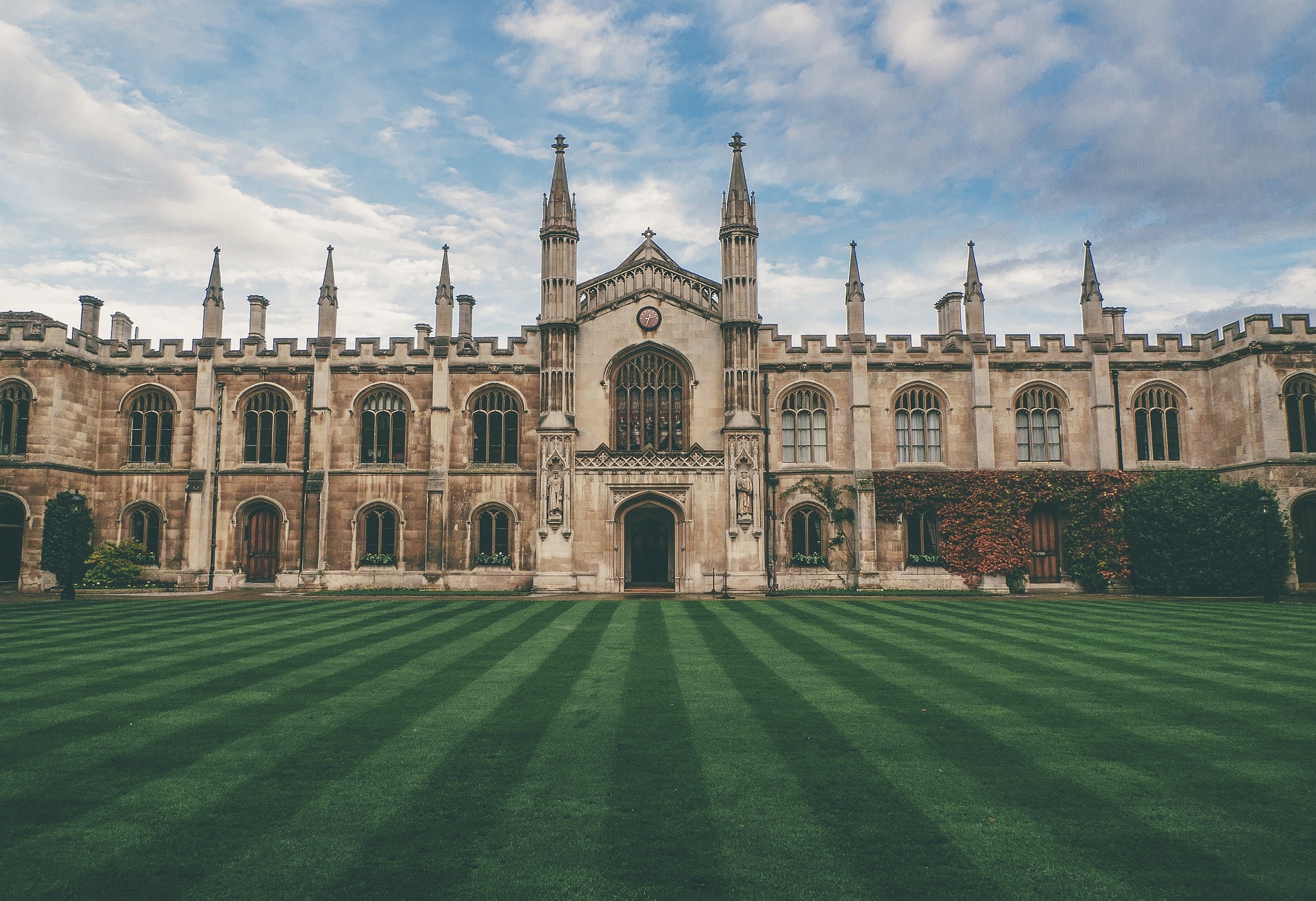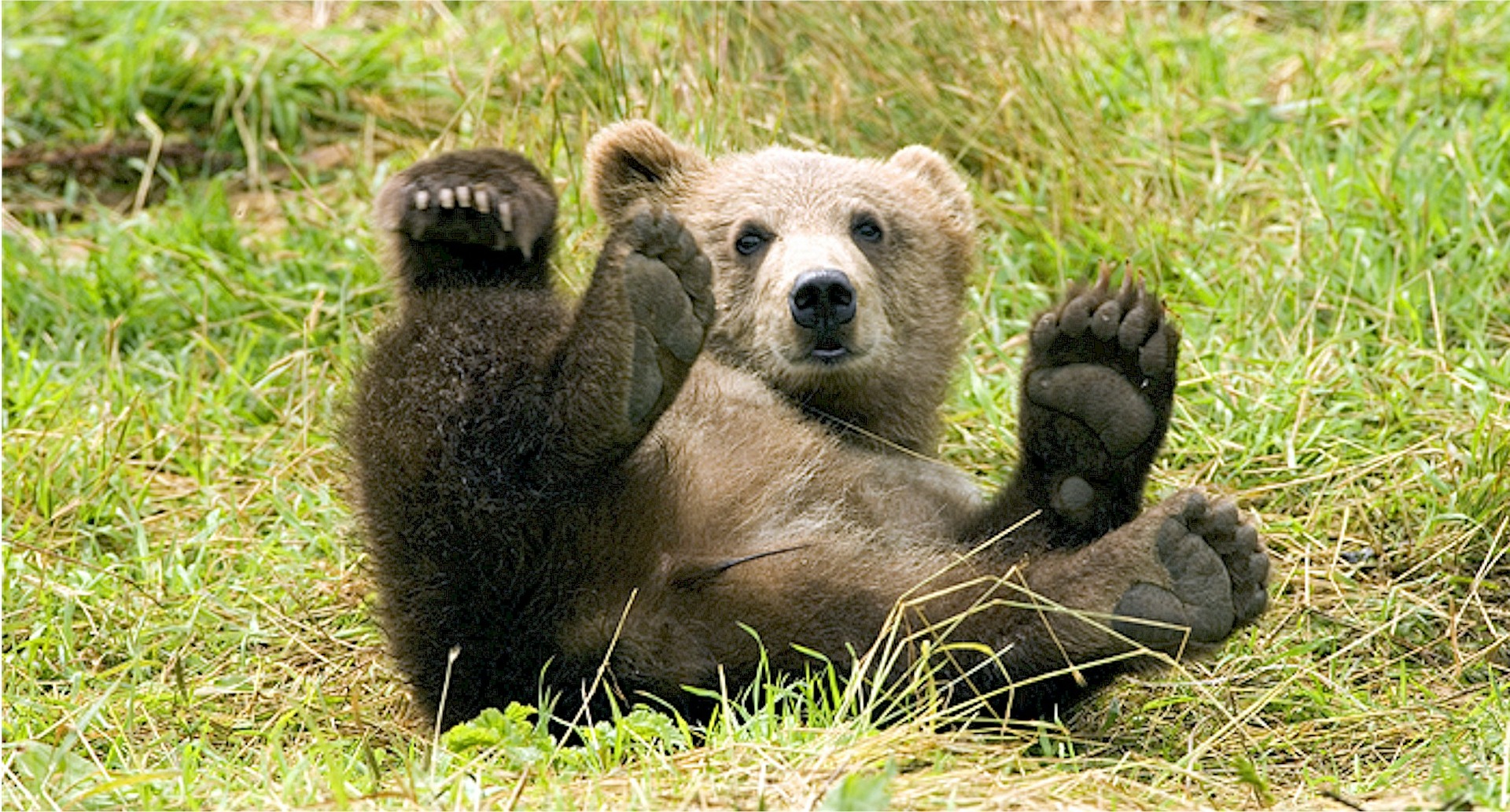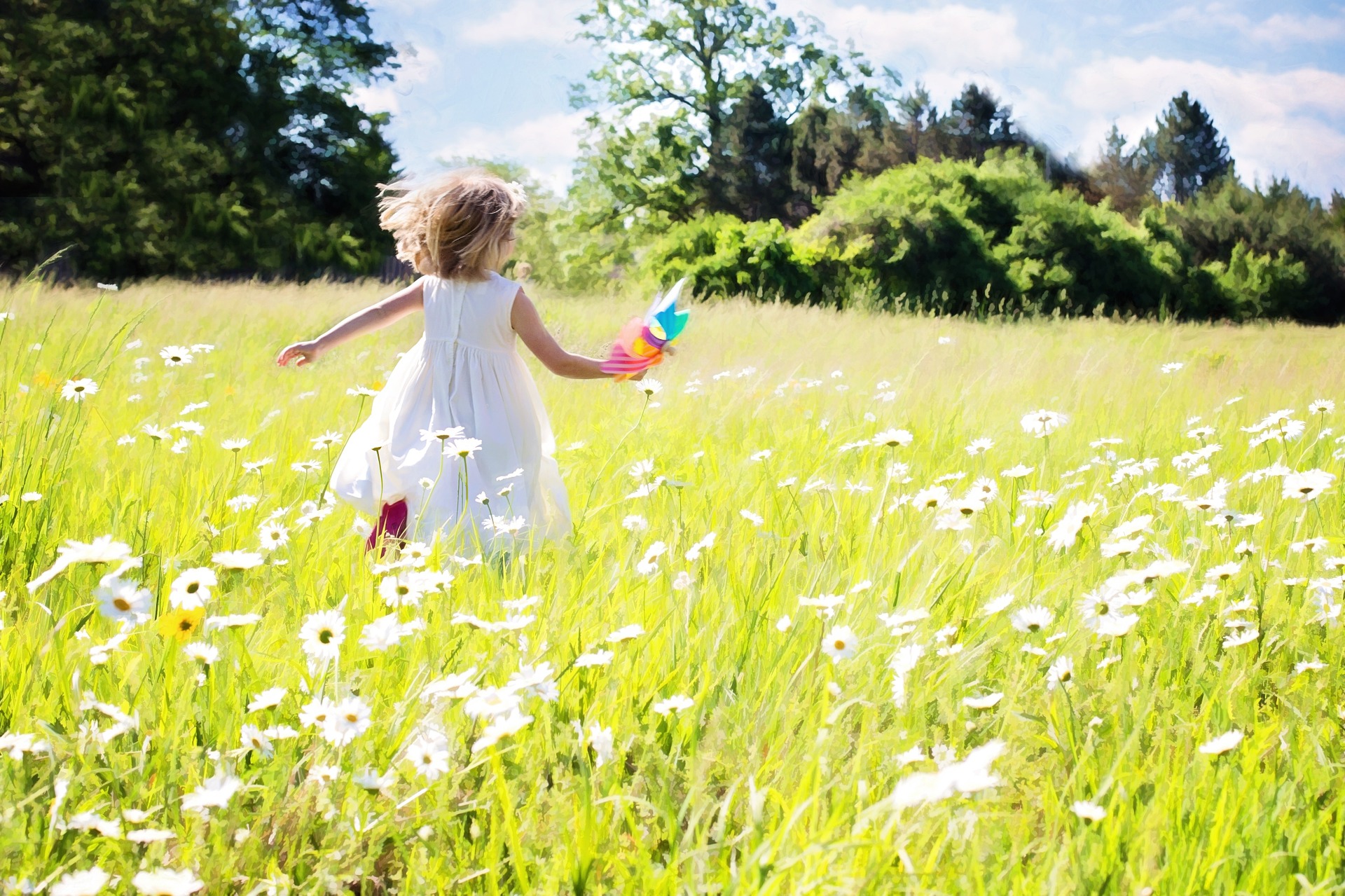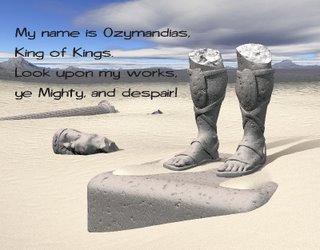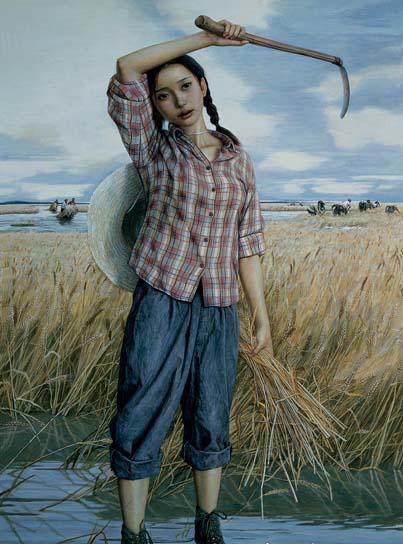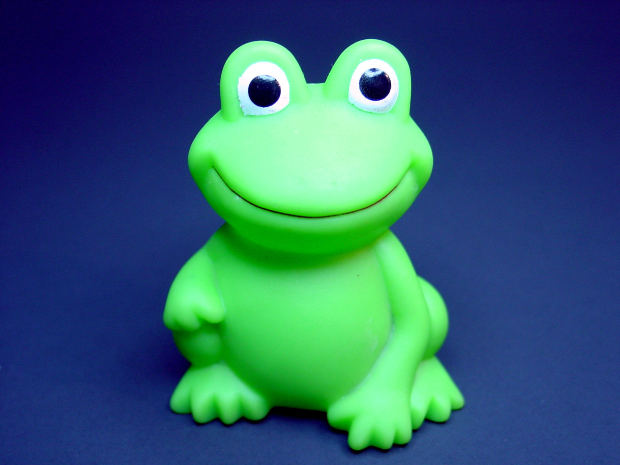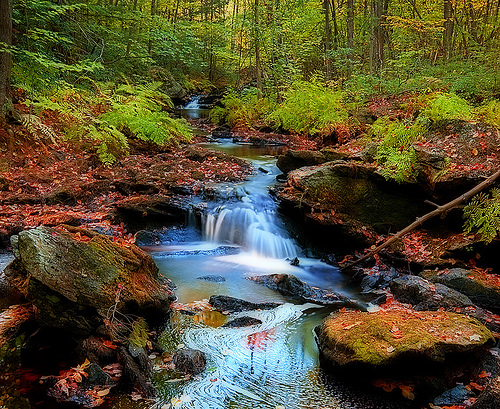About the Poet – Robert Lee Frost (March 26, 1874 – January 29, 1963) was an American poet. His work was initially published in England before it was published in America. He is highly regarded for his realistic depictions of rural life and his command of American colloquial speech. Frost was honored frequently during his lifetime, receiving four Pulitzer Prizes for Poetry. He was awarded the Congressional Gold Medal in 1960 for his poetical works. On July 22, 1961, Frost was named Poet laureate of Vermont.
Robert Frost was born in San Francisco, California, to journalist William Prescott Frost, Jr., and Isabelle Moodier. His mother was of Scottish descent, and his father descended from Nicholas Frost of Tiverton, Devon, England, who had sailed to New Hampshire in 1634 on the Wolfran.
Although known for his later association with rural life, Frost grew up in the city, and he published his first poem in his high school’s magazine. He attended Dartmouth College for two months, long enough to be accepted into the Theta Delta Chi fraternity. In 1894 he sold his first poem, “My Butterfly: An Elegy” (published in the November 8, 1894, edition of the New York Independent) for $15 ($409 today).
In 1912 Frost sailed with his family to Great Britain, settling first in Beaconsfield, a small town outside London. His first book of poetry, A Boy’s Will, was published the next year.
Although he never graduated from college, Frost received over 40 honorary degrees, including ones from Princeton, Oxford and Cambridge universities, and was the only person to receive two honorary degrees from Dartmouth College. During his lifetime, the Robert Frost Middle School in Fairfax, Virginia, the Robert L. Frost School in Lawrence, Massachusetts, and the main library of Amherst College were named after him.
Frost was 86 when he read his well-known poem “The Gift Outright” at the inauguration of President John F. Kennedy on January 20, 1961. He died in Boston two years later, on January 29, 1963, of complications from prostate surgery.
About the Poem
“Never again would Birds’ Song be the same” by Robert Frost was first published in 1942 as part of his collection of poetry entitled A Witness Tree. The poem, as well as the collection as a whole, was so successful that immediately a year after this first publication a second edition came out. This poem is about the blending of the human with nature.
Setting of the Poem
“Never again would Birds’ Song be the same” is set in the Garden of Eden. It is here that the first man, and more importantly in the context of Frost’s poem, the first woman appeared. With Eve’s arrival, the natural world changed forever. Into it was incorporated the presence of the human, as signified by the addition of Eve’s tone of voice to the songs of the birds.
Annotations
Please note: N= noun, V=verb, Adj=Adjective, Adv=Adverb, P=Preposition
Declare (V): Say something in a solemn and emphatic manner
Eve (N): According to the creation myth of Abrahamic religions, she is the first woman created by God. Her husband was Adam, from whose rib God created her to be his companion. She succumbs to the serpent’s temptation via the suggestion that to eat the forbidden fruit from the tree of the knowledge of good and evil would improve on the way God had made her, and that she would not die, and she, believing the lie of the serpent rather than the earlier instruction from God, shares the fruit with Adam. As a result, the first humans are expelled from the Garden of Eden and are cursed.
Admittedly (Adv): Used to express a concession or recognition that something is the case
Eloquence (N): Fluent or persuasive speaking or writing
Influence (N): The capacity to have an effect on the character, development, or behaviour of someone or something, or the effect itself
Aloft (P): Up in or into the air; overhead
Persisted (V): Continued to exist; been prolonged
Summary of Never Again Would Birds’ Song be the Same
“Never again would Birds’ Song be the same” consists of a total of 14 lines. Hence it is a sonnet. A sonnet is generally divided into an eight-line unit known as an octet, and a six-line unit known as a sestet. The octet and sestet can together form a single stanza, or appear as two separate stanzas. In this poem, the lines are not separated into stanzas. For the purposes of the summary, they are divided into meaningful segments for ease of comprehension.
Lines 1-5:
He would declare and could himself believe
That the birds there in all the garden round
From having heard the daylong voice of Eve
Had added to their own an oversound,
Her tone of meaning but without the words.
In these lines, Frost says that any observer would be able to see plainly that the chirping of the birds in the Garden of Eden had changed after the arrival of Eve. Eve’s voice had resonated through the garden the entire day, and because of that, the birds had been listening to it. The birds couldn’t imitate human speech, but only its tone. Therefore, they incorporated the lovely tone of Eve’s voice into their song, adding another dimension to it.
Lines 6-9:
Admittedly an eloquence so soft
Could only have had an influence on birds
When call or laughter carried it aloft.
Be that as may be, she was in their song.
In these lines, the poet says that Eve’s voice was so soft and melodious that it could only enrich something as tuneful as itself, that is, the birds’ song. Eve’s voice could be heard as it was calling out to Adam, or when they were laughing together amidst the perfection that God had granted to them. As a result, the essence of Eve’s voice was successfully captured as a part of the birds’ song.
Lines 10-12:
Moreover her voice upon their voices crossed
Had now persisted in the woods so long
That probably it never would be lost.
In these lines, the poet seems to be writing about a time after the Fall of Man, and the expulsion of Adam and Eve from the Garden of Eden. He says that the blend between Eve’s tone of voice and the birds’ song had been so everlasting, that its sound can never entirely fade away.
Lines 13-14:
Never again would birds’ song be the same.
And to do that to birds was why she came.
In these lines, the poet sums up what he has been trying to say throughout the length of this sonnet. He says that the birds’ song was forever transformed by the addition to Eve’s influence on it. In fact, it may seem that the advent of eve had spelled disaster for mankind, but instead she had come to give new depth and meaning to the songs of birds.
Some online learning platforms provide certifications, while others are designed to simply grow your skills in your personal and professional life. Including Masterclass and Coursera, here are our recommendations for the best online learning platforms you can sign up for today.
The 7 Best Online Learning Platforms of 2022
- Best Overall: Coursera
- Best for Niche Topics: Udemy
- Best for Creative Fields: Skillshare
- Best for Celebrity Lessons: MasterClass
- Best for STEM: EdX
- Best for Career Building: Udacity
- Best for Data Learning: Pluralsight
